Azerbaijan Seeks to Join BRICS Alliance
Following a meeting with Russian President Vladimir Putin, Azerbaijan has officially submitted an application to join the BRICS bloc, which consists of Brazil, Russia, India, China, and South Africa. This marks a significant expansion of the group, which has included the same five nations for over a decade. The growing interest in joining BRICS is evident as Iran, Egypt, Ethiopia, and the United Arab Emirates joined the alliance in January, with Saudi Arabia also considering membership.
Notably, this development comes after President Putin’s recent visit to Azerbaijan, a country rich in oil resources situated in the South Caucasus region. During his visit, Putin emphasized the importance of maintaining regional ties with the nation and ensuring that Moscow’s trade routes via Azerbaijan remain secure, particularly during turbulent times.
The BRICS alliance comprises countries that are major oil producers and account for over a quarter of the world’s GDP. During President Aliyev’s meeting with President Putin, it was announced that $120 million has been allocated to enhance cargo transport with Russia, underscoring the significance of business relations between the two nations.
Political scientist Zardusht Alizade emphasized the importance of Russia maintaining ties with countries like Azerbaijan to access global markets, especially in light of trade sanctions imposed by the West as a result of Russia’s actions in Ukraine. Additionally, for Azerbaijan, maintaining peaceful relations with Russia is crucial for national security, particularly given tensions with neighboring Armenia.
The BRICS alliance is increasingly shaping a narrative of a new multipolar global order, where no single country’s supremacy over resources is sufficient to maintain international relations. This is particularly significant at a time when internal conflicts, wars, and coups have impacted several nations across the globe.
In conclusion, Azerbaijan’s application to join the BRICS alliance signifies a significant expansion of the bloc, reflecting the shifting dynamics of global geopolitics. As the alliance continues to grow, it is likely to play an increasingly influential role in shaping the future of the global economy and international relations.
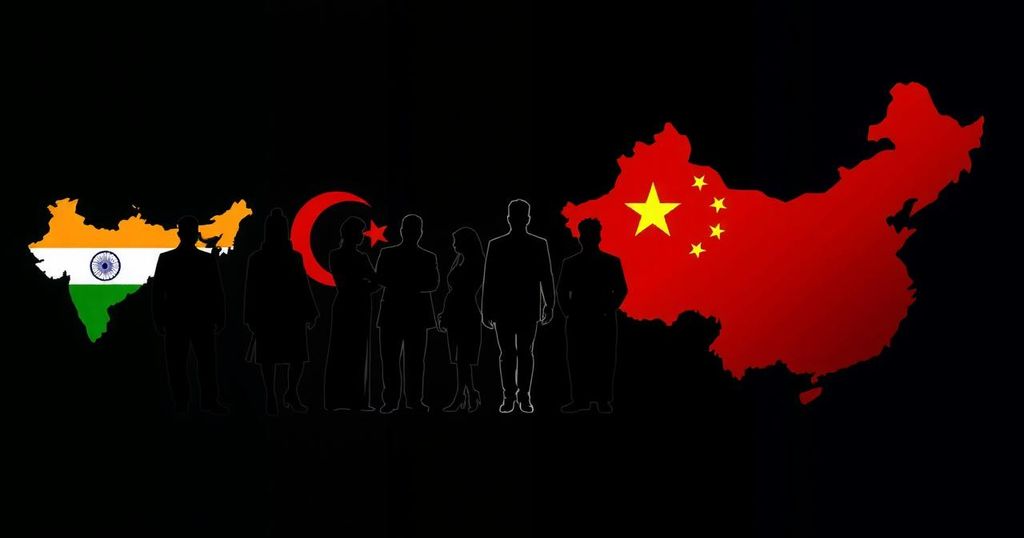
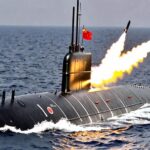

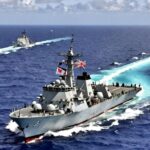
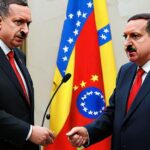
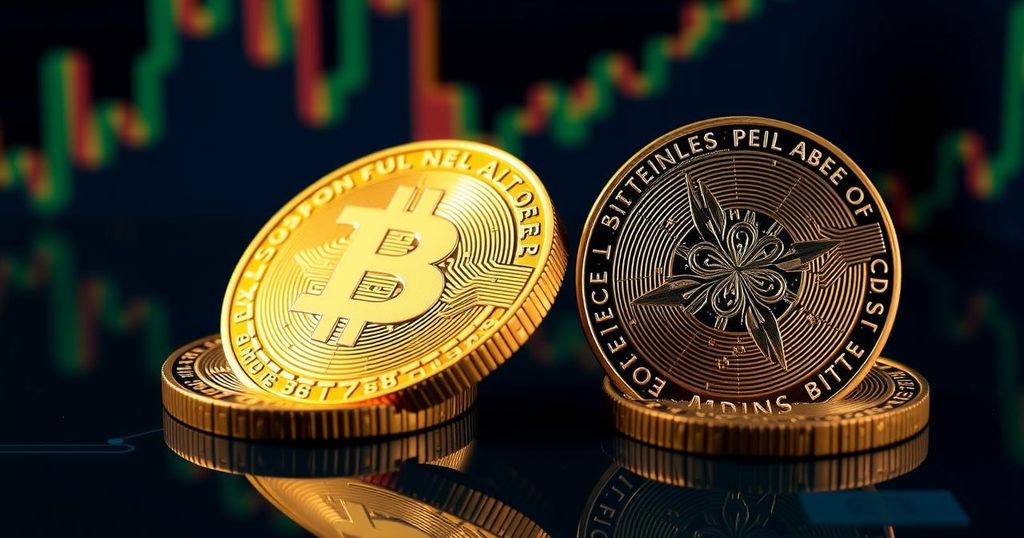
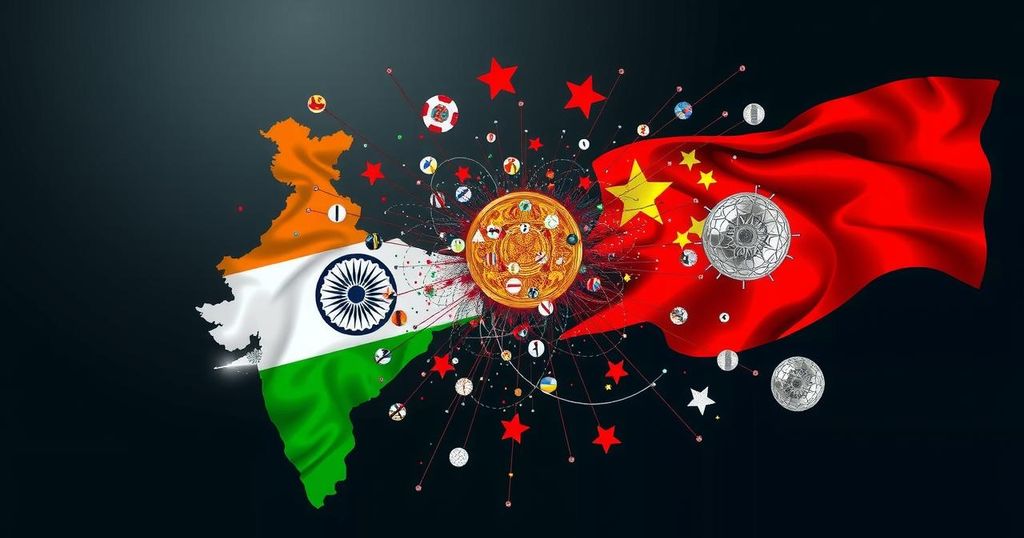
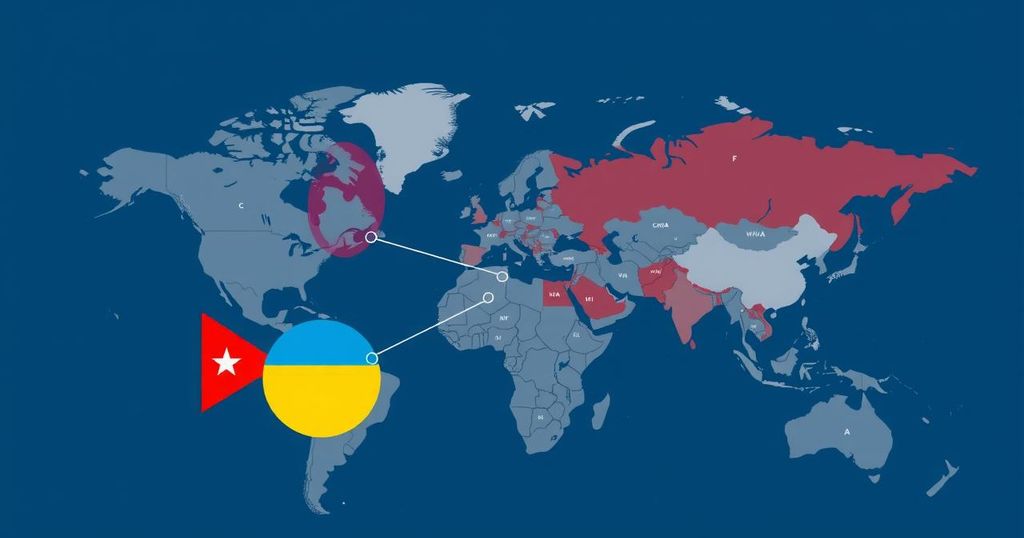
Post Comment